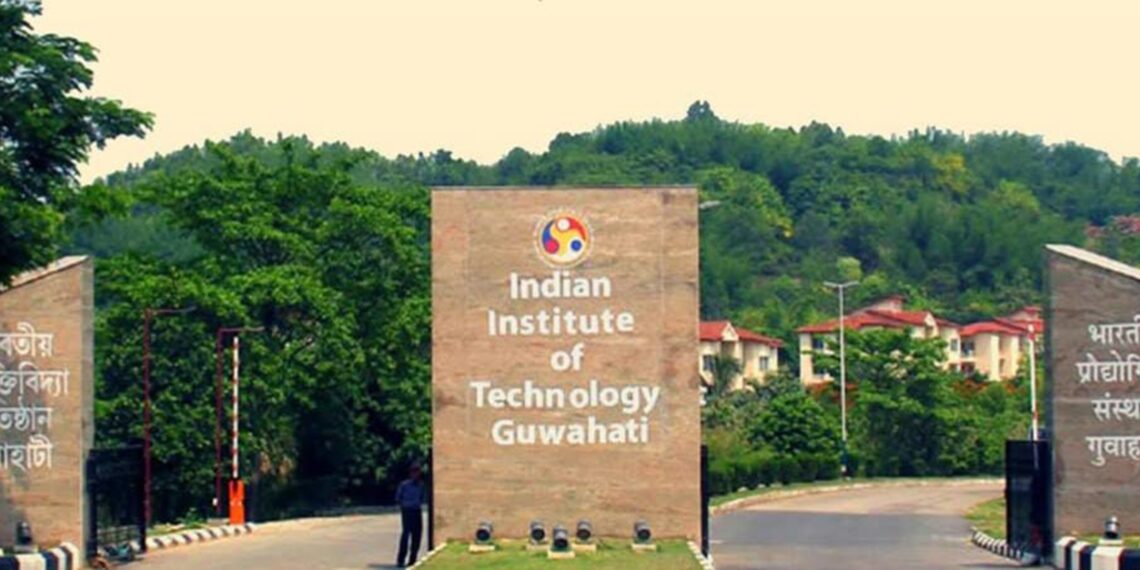New Delhi: Scientists at the Indian Institute of Technology (IIT) Guwahati have created an innovative nanosensor capable of detecting cancer-linked contaminants such as mercury and antibiotic residues in water within seconds.
Built using milk protein and thymine, the sensor employs fluorescent carbon dots—materials just a few billionths of a metre in size—that glow under ultraviolet light.
When exposed to harmful substances like mercury or tetracycline antibiotics, the glow fades, offering an instant visual cue even at trace levels.
“Mercury is highly carcinogenic, and antibiotic overuse can lead to severe health consequences. Our sensor can identify both pollutants at extremely low concentrations,” said Prof. Lal Mohan Kundu of IIT Guwahati’s Chemistry Department.
Tetracyclines, widely used to treat respiratory infections, often seep into water bodies if not disposed of properly, leading to antibiotic resistance and other hazards.
Mercury, in its organic form, is associated with cancer, neurological damage, and cardiovascular diseases, making early detection critical.
ALSO READ: Over 600 dead as powerful earthquake ravages Eastern Afghanistan
Published in Microchimica Acta, the study highlights the sensor’s remarkable sensitivity—detecting mercury at just 5.3 nanomolar (below US EPA safety limits) and tetracyclines at 10–13 nanomolar.
In lab tests, it delivered results in under 10 seconds and proved effective across multiple samples, including tap water, river water, milk, urine, and serum.
To make testing simple and portable, researchers have also integrated the nanosensor into paper strips, enabling on-site contamination checks with a UV lamp.
The team says the low-cost, biocompatible technology could not only revolutionise water quality monitoring but also have future biomedical applications, subject to further validation for commercial use.















